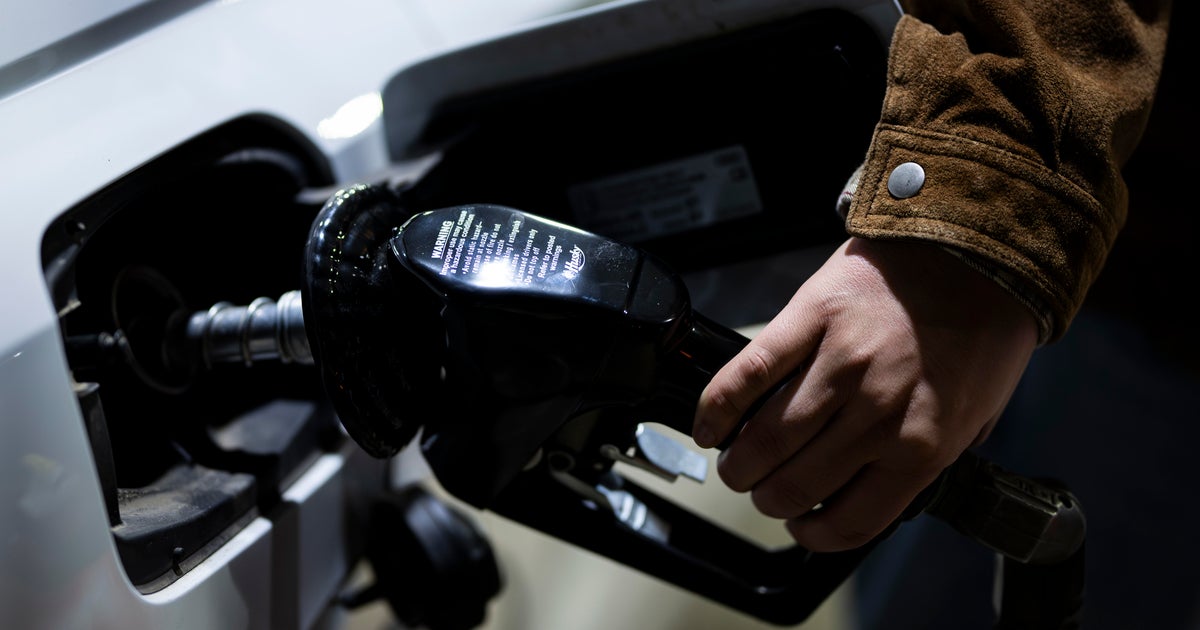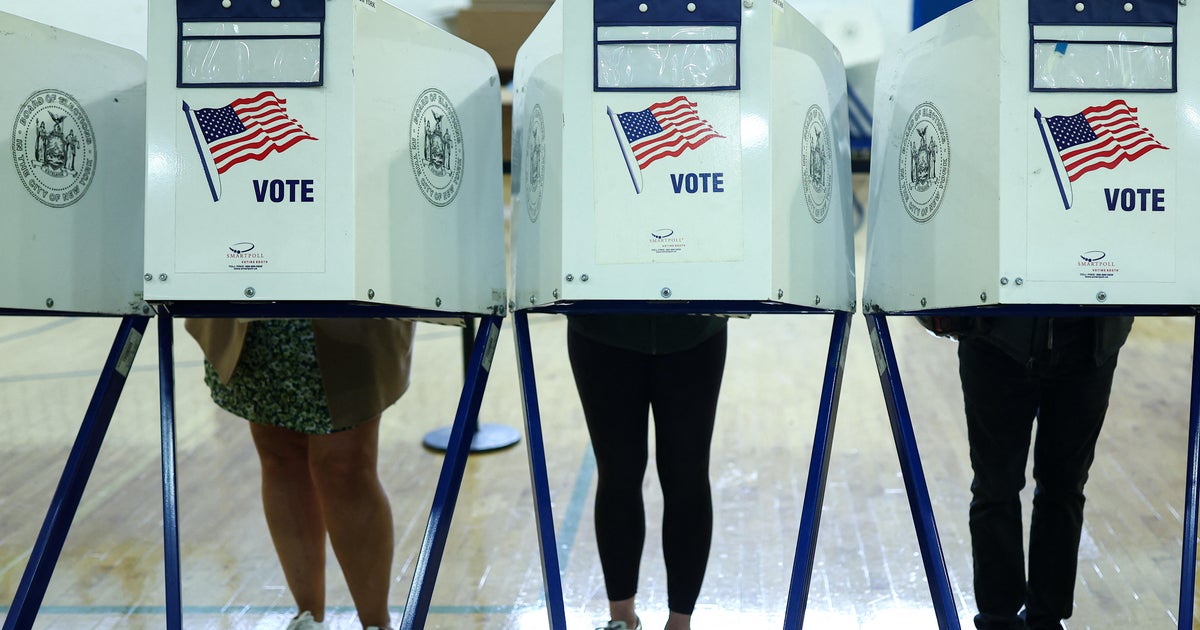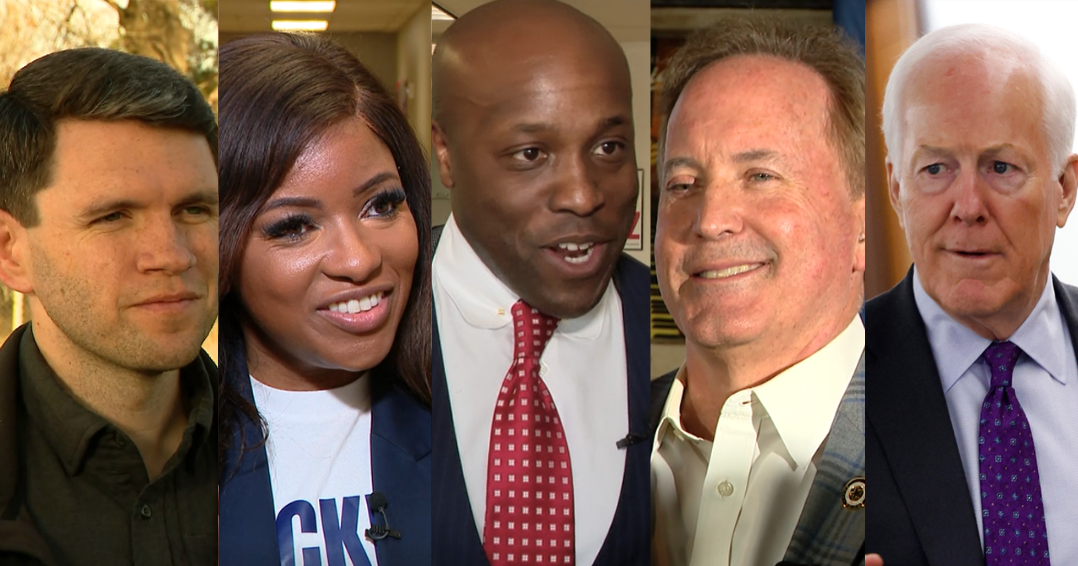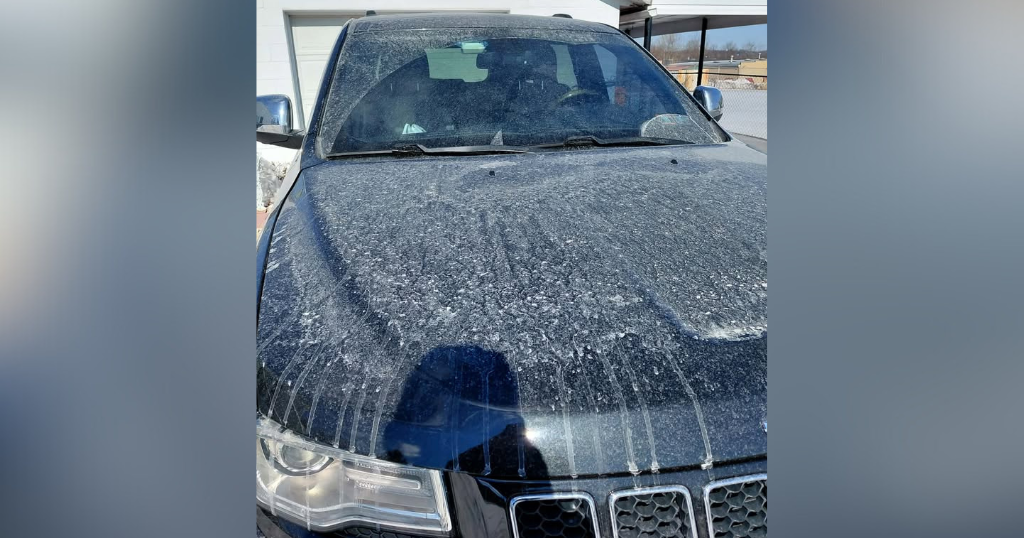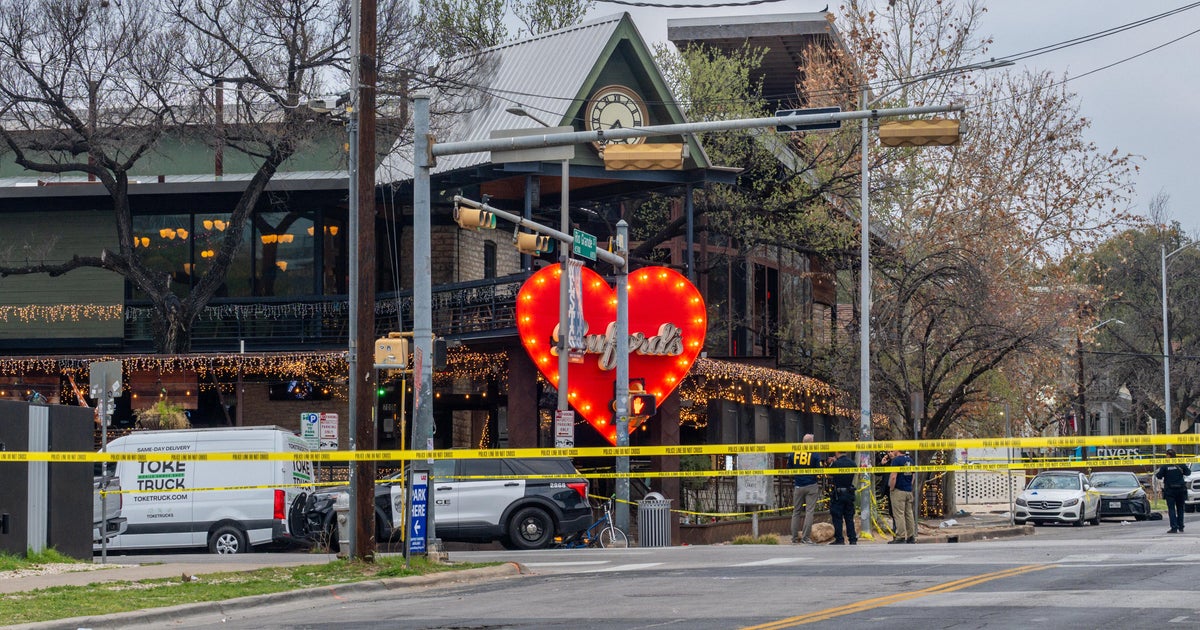Fight For Minnesota Legislature Set In Suburbs, St. Cloud
ST. PAUL, Minn. (AP) — Overshadowed by an open governor's race and drowned out by the flood of ads in bare-knuckle congressional contests, control of Minnesota's Legislature is also up for grabs in Tuesday's election. But it's not something that all voters will notice.
The battle for the state House is being fought largely in the suburbs of Minneapolis and St. Paul, where Democrats hope a backlash against President Donald Trump and Republicans will help sweep them back into power for the first time since 2014. And control of the Senate rests solely with voters around the St. Cloud area, where a surprise special election has triggered a $1 million-plus affair that could tilt the majority back to Democrats.
With voters also picking Democratic Gov. Mark Dayton's replacement on Tuesday, the results will determine whether Minnesota government is in one party's hands or split. As they barnstorm to knock doors and host rallies, party chairs and candidates alike are urging supporters not to lose sight of those down-ballot races.
"For all of us, legislative races are very important," Democratic-Farmer-Labor Party Chairman Ken Martin said. "Everyone on the top of the ticket understands how important it is to win back the Legislature."
Control of the Senate wasn't supposed to be at stake this year, since the chamber isn't up for re-election until 2020. But Dayton's decision to appoint Lt. Gov. Tina Smith to the U.S. Senate set off a chain reaction, eventually elevating Republican Sen. Michelle Fischbach to lieutenant governor. Fischbach resigned her Senate seat in late May, triggering the one-off election and leaving the Senate deadlocked 33-33.
Her rural central Minnesota district is generally safe Republican territory — Fischbach won her last two terms by more than 25 percentage points, and Trump captured the district by nearly 34 points in 2016.
But with control of the Senate at stake, outside groups have spent $1 million and counting on mailers and ads. Democratic hopeful Joe Perske and Republican Rep. Jeff Howe have spent months knocking on doors of voters who have been written off as GOP supporters for years. Neither the Senate's top Republican nor its leading Democrat is declaring victory.
"He's knocked as many doors as you're ever going to knock," Democratic Senate Minority Leader Tom Bakk said.
Both are strong candidates. Howe has represented half the Senate district as House member for six years. Perske is a local county commissioner and former mayor of Sartell, a Democrat advertising his pro-gun and anti-abortion views — positions that play well in the area.
Republican Senate Majority Leader Paul Gazelka said that's complicated what's clearly a Republican district on paper. He makes the case to voters that a vote for Howe is a vote to retain a GOP majority.
"There is no other vote. This is the deciding vote," he said.
Democrats would have to gain far more ground in the House to take control. They need to flip 11 districts. With all 134 House members on the ballot, Democrats have homed in on the suburbs, including 12 seats held by Republicans that Democratic candidate Hillary Clinton won in 2016.
At the top of the list is Edina, where GOP Rep. Dario Anselmo is fighting for a second term in a district that narrowly elected him in 2016 while swinging for Clinton by a landslide. Anselmo said he's playing up his "purple" political philosophy with voters — he joined a Democratic lawmaker's protest on the House floor to call attention to the lack of action on gun legislation in the GOP-controlled House earlier this year.
But Democratic challenger Heather Edelson said Anselmo's similar stance on increasing gun restrictions isn't enough.
"He stood up for those things, but he brought no Republicans with him. How is that going to change?"
Republicans concede they're likely to suffer some losses in the suburbs but are bullish on their chances of holding the House even in what could be a rough year for the president and his party. They've put Democrats on their heels elsewhere in Minnesota, targeting incumbents and open seats where Trump won in 2016 and fueling those bids with hundreds of thousands of dollars in ads.
"They have to run the table to get us, and I don't think they can," House Speaker Kurt Daudt said.
(© Copyright 2018 The Associated Press. All Rights Reserved. This material may not be published, broadcast, rewritten or redistributed.)

